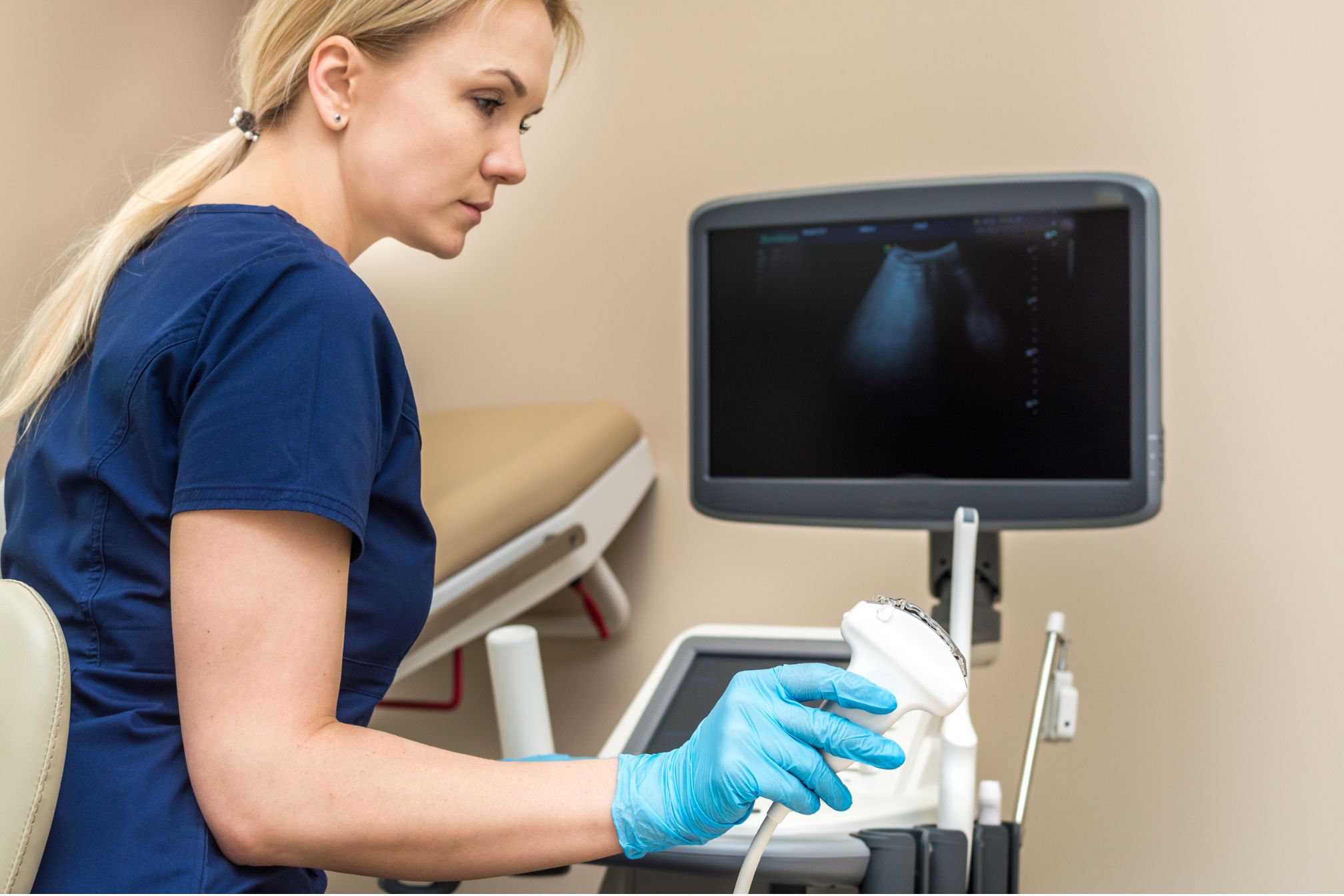Summary
This study in pediatric rheumatology aimed to describe the musculoskeletal ultrasound (MSUS) characteristics of the knee in individuals with joint hypermobility and chronic joint pain compared to control participants. The participants were divided into three groups: those with knee hypermobility and pain (H+P), those with knee hypermobility but no pain (H-P), and those with neither knee hypermobility nor pain (NP).
The study used B-mode and Doppler MSUS to examine the knees and assess various findings. The results showed that H+P knees were more likely to have positive MSUS findings, with patellar tendon hyperemia being more common in this group. Additionally, participants who reported using non-steroidal anti-inflammatory drugs (NSAIDs) had an increased risk of synovial effusion and a higher synovial effusion/hypertrophy quantitative score.
Further research is needed to explore the correlation between tendon abnormalities and pain symptoms, as well as the impact of NSAIDs on MSUS findings in this population.










